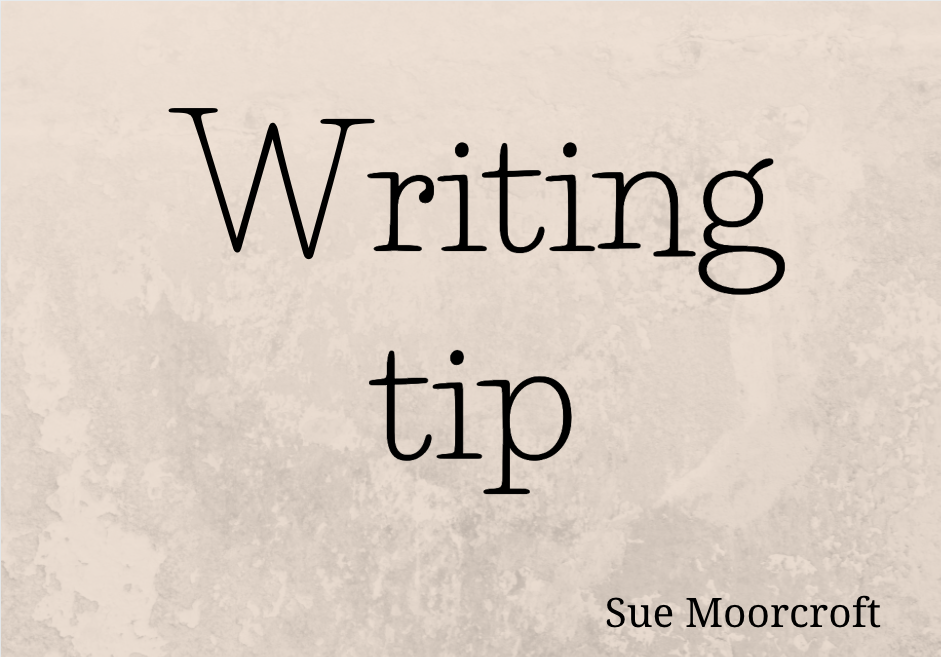
Authors are divided about whether to work with an agent. Here are the bullet points of my own history with agents:
- Offered representation by an editor who had decided to switch to being a sole agent. Before she got as far as us signing the Agreement, she thought better of being an agent and vanished from my life.
- Got a fab London agent from a big agency. She sold me into a couple of modestly sized publishers and also large print and audio. We had a couple of near-misses with big publishers but a miss is as good as a mile. After a bereavement, I decided I would no longer be able to write novels and left her flock. We parted friends and are still.
- Unagented, I sold seven novels to publisher Choc Lit. Some were those my former agent had had near misses with so she checked the contract for me and advised but didn’t negotiate. Later, a contract for an as-yet-unwritten novel was offered and I found I could write new novels after all. Choc Lit sold me into large print, audio and a few modest translation deals. I taught creative writing and wrote short stories, serials, columns and just about anything else to do with writing to augment my income from my novels.
- Got different fab London agent, Juliet Pickering of Blake Friedmann. We gelled immediately. She placed me with the fantastic Avon HarperCollins who subsequently got me into audio, supermarkets, #1 on UK Kindle, Top 100 in US Kindle, and made me a SundayTimes bestseller. Blake Friedmann got many translation deals for these novels. I now make a living from my novels alone.
I view Juliet as made of gold dust and adept with her magic wand. Authors who choose not to work with an agent sometimes say they don’t see why they should pay a commission (commonly 15%+VAT for home market sales, 20%+VAT for translation) and they get their contracts vetted by the Society of Authors. But, oh, a good agent does more than check the legalese!
- Pitching. An agent knows exactly who to send your work to and makes it her or his business to maintain relationships with likely editors. S/he will present your work in the best light, too.
- Negotiation. Some publishers have standard terms … except when they don’t. An agent can negotiate hard, not just in terms of advances but also royalties, escalators, sub-rights and all kinds of other items that I, for one, would be completely foxed by. And, yes, they do check the legalese.
- In your corner. An agent is likely to be a constant in your career, even should you change publishers five times.
- Aware of the market. An agent will be interacting with publishing professionals all the time. S/he will be aware if/when better opportunities come up.
- Intermediary. Author/editor relationships are precious. If there’s a bump in the road your agent can pop up and smooth it out before you and your editor collide head-on over it.
- Support. I often talk things over with Juliet: the future; an offer; an idea for a book (even though my editor takes the lead on this); a problem with the current book (ditto); one of those little bumps in the road I mentioned. These conversations are via email or phone, usually, but pre-pandemic she frequently took me out for publication day lunch too. (Told you she was gold dust.)
- Honesty. I sometimes say to Juliet, ‘Am I being a diva?’ She would never be rude enough to agree but she is transparent if she thinks a view could be better expressed. I value the honesty.
- Foreign sales. Authors can sell global rights to publishers so the publisher then takes on the task of selling translation rights. In my case it’s a mixture: Avon acquires World English Rights so they bring me out in the UK, US and Canada. Blake Friedmann’s highly successful rights team handles the rest for me.
In my view and in my experience, a good agent is a huge asset. NB If you decide on an agent rather than selling directly to a publisher I do think it’s important to get the right agent for you. It’s the kind of relationship that prospers if you like each other and share aims and philosophies.
I sometimes joke that Juliet helps me avoid snakes and climb ladders. In truth, I never encounter snakes … but she’s certainly helped me climb the ladders. I’m now the main breadwinner in my household.
Summer on a Sunny Island is my sixteenth novel, my ninth with Avon. Two more are contracted to them. Juliet does a wonderful job and proved to be exactly the right agent for me.
